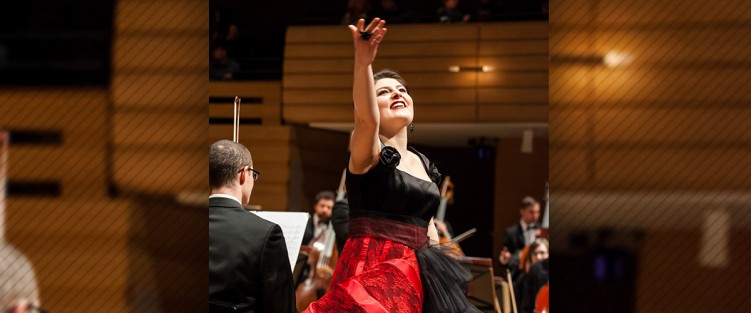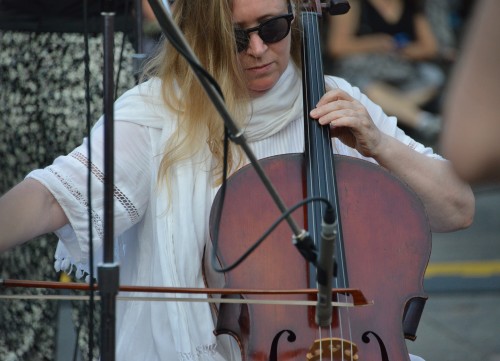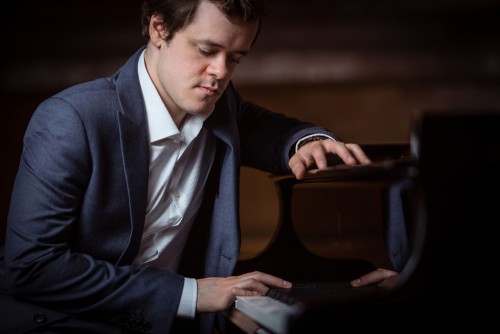Triple Threat, Double Whammy
What strange days we are living in. As I have been preparing and researching to write this column over the last week or so, the true scope of the COVID-19 pandemic has become increasingly clear. Ontario’s provincial government has declared a state of emergency and theatres of every size have first postponed or cancelled spring performances, then followed that by closing down rehearsals and production altogether for an unspecified length of time, at least until the pandemic should be under control.
For theatre artists this is a double whammy. Not only are our livelihoods suddenly up in the air but our world is abruptly taken away. Even the smallest one-person show is created by a group of people, and one of the great joys of being part of this industry is that of working with other artists onstage, backstage, in preparation and rehearsal; experimenting with words, music, design and movement to craft our storytelling to the best of our abilities, then looking forward to the fulfillment of sharing our creations with a live audience. All of that is now on hold.
Many companies and individuals are looking for ways to move some of our work online at least temporarily, which is wonderful, but it is not and cannot ever be the same as sharing a live theatrical experience.






